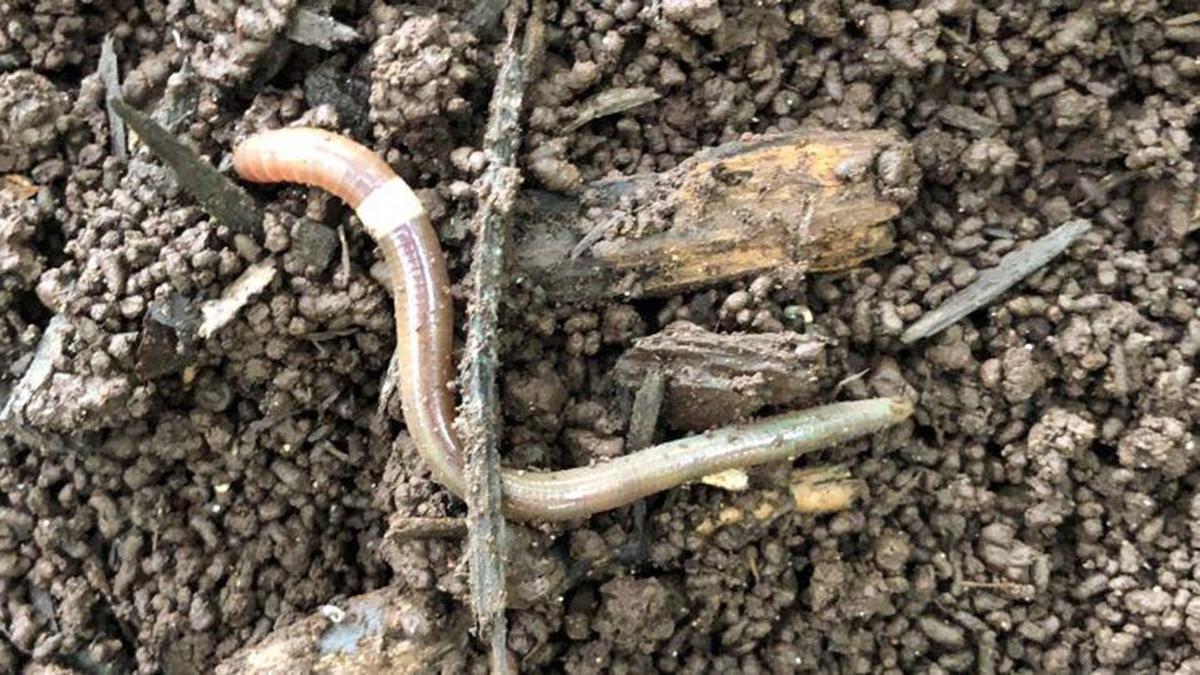This fall, you can help gather important data in your own backyard or garden. Researchers are seeking the public’s help in tracking an invasive earthworm.
The worm is easily distinguished by its behavior. When disturbed, it violently thrashes—earning it the nickname “jumping worm.” The invasive critter is native to Asia but recently made its way to Minnesota.
Jumping worms are problematic because they can drastically alter soil structure, threatening trees and native plants. There’s a collaborative effort to help investigate how far jumping worms have spread throughout the state during the months of September and October.
Boulder Lake Environmental Learning Center (BLELC) is one of the partners in this research effort, along with Great Lakes Worms Watch, Minnesota Department of Natural Resources, and the University of Minnesota.
The general public is invited to become “Worm Rangers.” BLELC Director Ryan Hueffmeier explains “Citizen science is important not only because it is educational where people get to work through the scientific process. It is also a social endeavor as it takes the sum of many participants’ efforts to contribute to a larger scientific understanding.”Learn more about the jumping worms project. A self-guided online training is available for those who want to participate.
How to become a Worm Ranger:
- Head out into your yard or to public parks.
- Inspect gardens, mulched, and composted areas.
- Pay attention to the top three inches of soil.
- Do you see soil that looks like coffee grounds?
- Do you see worms moving like snakes or thrashing around? Maybe a worm that lost its tail?
- Report your worm findings or lack of findings (we are interested in their absence as well) through the website.
- Repeat your observations in (can report on multiple locations) in 2020 and 2021.
For more information on efforts to track the jumping worm locally in the Duluth area, contact: [email protected]
Boulder Lake Environmental Learning Center is an 18,000-acre classroom, based within UMD’s College of Education and Human Service Professions, which provides innovative education to increase awareness, understanding, and skill related to sustainable natural resource management.

